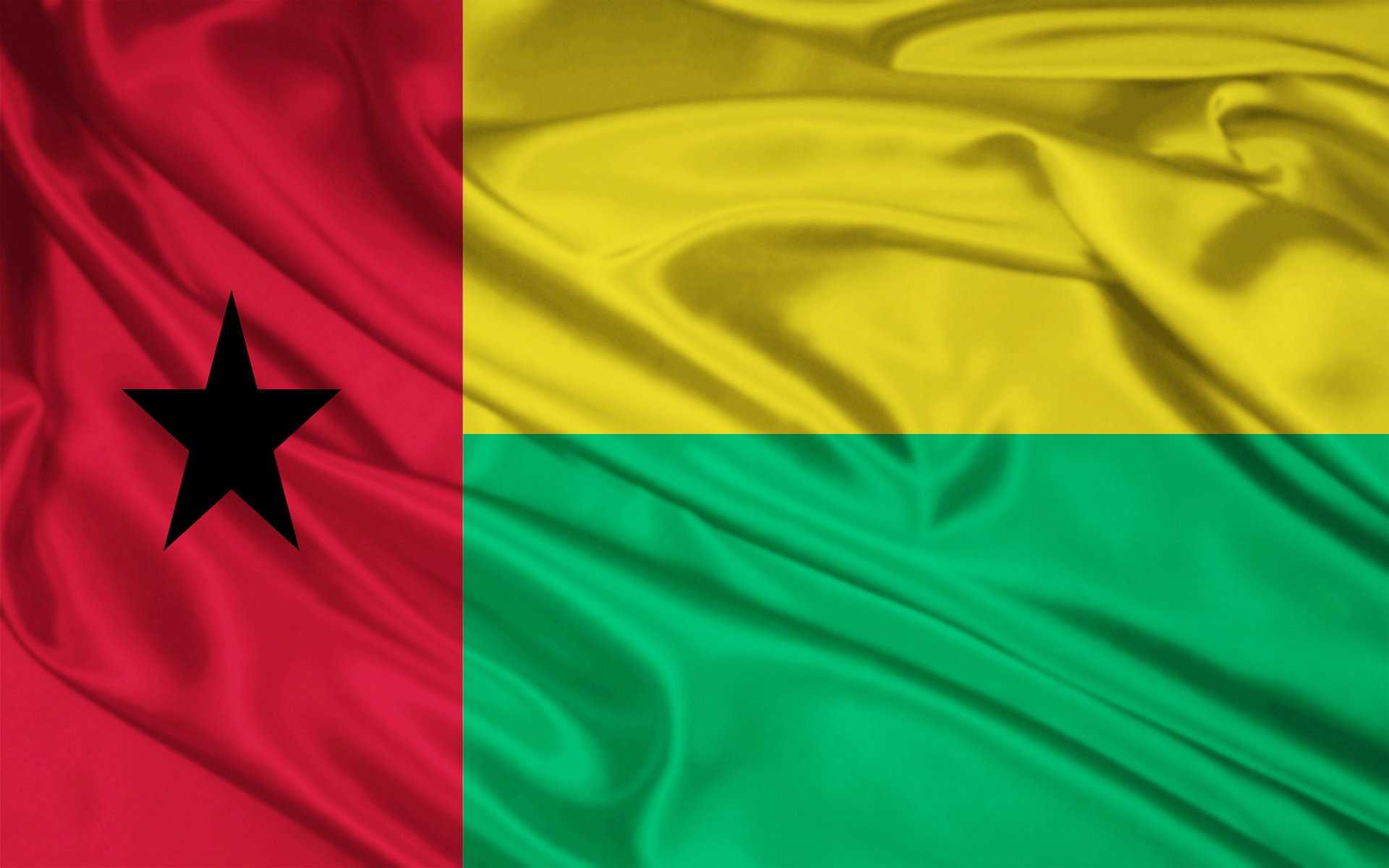Welcome to Will Willey GROUP OF COMPANIES
-
-
Mon - Sun 08:00 - 08:00, Friday - CLOSED

Welcome to Will Willey GROUP OF COMPANIES
Mon - Sun 08:00 - 08:00, Friday - CLOSED

Guinea Conakry also referred to as Guinea is the second largest producer of bauxite (about 10 to 40 billion metric tons in possession) and has abundant mineral deposits mainly diamond, gold, high-grade iron ore (4 billion tons) and uranium which is undetermined. Guinea majorly exports bauxite, alumina, diamond and gold on a large scale. About 75 % of the population is employed in the agricultural sector, while the climate is favourable for agriculture it has not been fully utilized to its maximum by the people in Guinea. Lacking in proper infrastructure, Guinea is on the lookout for companies that can develop their infrastructure rail, roads, ports etc. Guinea's abundant rainfall and rivers if realized by companies can be utilized in hydroelectric projects and power the whole of Guinea and its neighboring countries. Power Africa is one such initiative if rightly utilized by investors; Guinea can be a powerful contributor. Guinea imports a lot of consumer goods from USA and Europe but considering the high cost of goods, very often they resort to goods coming in from Middle East and Asia which is relatively cheaper. The government in Guinea is on the lookout for foreign investors who would be interested to invest in agriculture, communication, finance, education, mining and energy sectors etc. According to the World investment Report of 2020, Foreign Direct Investment (FDI) rose upto USD 4.7 million in 2019 mainly because of its mining sector, while the pandemic has deeply affected the global investment in 2020. The GDP has grown only by 5.2 % in 2020 because of the mining activities. The government hopes to increase investment in agriculture (over 13 million hectares of fertile land), energy (600 MW potential in hydroelectricity), tourism and infrastructure. If you are doing business in Guinea, you have the right to own the business and property and guaranteed the freedom to transfer the profit, capital obtained from the investment as well as the profit attained after disposal of investment.